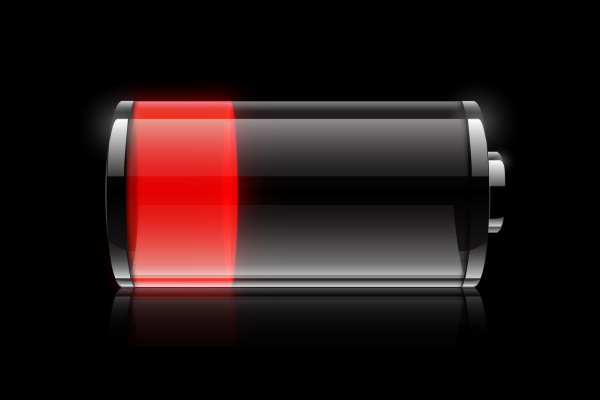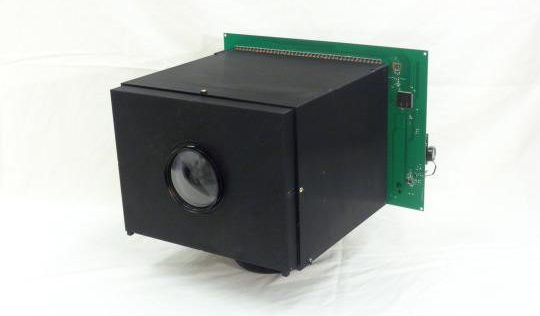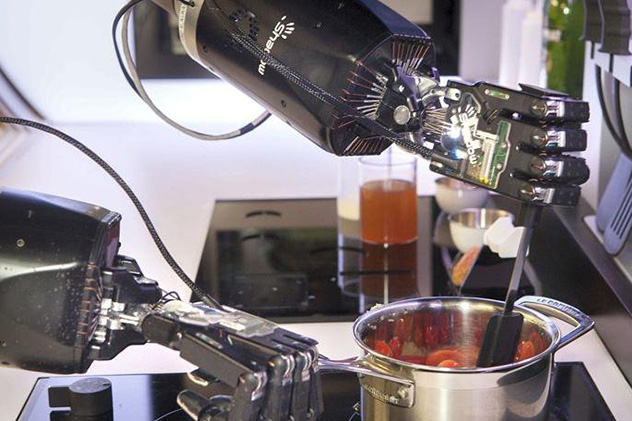One of the major selling points of most modern mobile and wearable devices is the battery life. Every major publication that’s covering a new release or comparing two similar products will make mention of the devices’ battery capacity because everyone, at the end of the day, is looking for ways to simplify their communication devices and reduced charging time is a major plus.
No one wants to be traveling or on the middle of an important call when the line goes dead. This is because we have willfully integrated almost every aspect of our lives with our smartphones. We rely on it for communication, entertainment and guidance every single day. Yet so far, the longest battery life claimed by a prevalent cell phone model is ten hours and fifty minutes on a Samsung Galaxy S5. For many, that isn’t enough to last a full workday plus commute.
So what’s the solution? For many, it’s delving into the fundamentals and increasing battery size for longer sustainability. For others, it means integrating charging systems with everyday items like a backpack, which means that you’ll never be without access to a power source.
What if, however, there was another option? What if, we could do away with batteries entirely?

Is it possible? Well, yes and no. This week, a team of scientists at Columbia University has announced that they’ve created a camera that requires no batteries and is totally self-powered. That’s right- no batteries!
They say it works because the camera has been built with a capacitor that instantaneously converts light into energy. Even at home with a standard lamp, the camera energy level has been proven to remain stable- all it needs is light.
Now, the technology has initially been implemented into a camera prototype but it isn’t at all difficult to see how hope for smartphones has been kindled. After all, lead researcher Shree Nayar has stated that the camera could eventually be integrated with wearables, IOT gadgets and smartphones in a fashion that could hypothetically charge those devices while not in use. How nice would it be to not haul your charger around everywhere you go?
The Columbia Research team plans on seeking collaborators at the International Conference on Computational Photography. Though we’re years away from potentially seeing this technology on store shelves, it’s safe to say that there would be huge demand for this capability. Let the revolution begin!





Tell us your thoughts in the comments